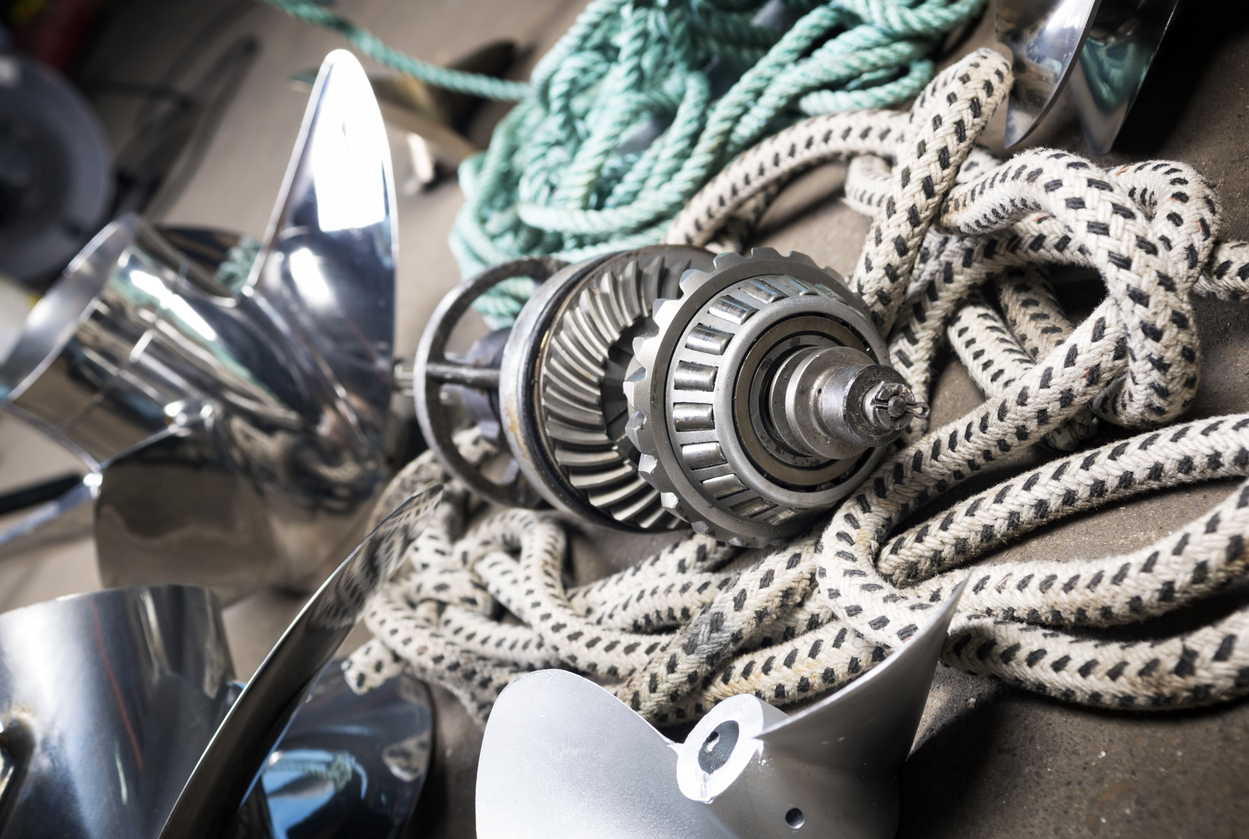
How Are Insurance Needs Changing for Marine Parts and Accessories Manufacturers?
September 11, 2024
The manufacturing parts and accessories insurance industry is adapting to significant changes as technological advancements and market dynamics shift. Meanwhile, the broader landscape of manufacturing parts insurance continues to evolve to address new challenges and opportunities.
As the marine parts and accessories manufacturing industry evolves, insurance needs will shift to cover new risks and technologies. Agents can assist clients by staying informed about industry changes and offering tailored coverage solutions to navigate these transitions.
Technological Advancements and Insurance Implications
Recent technological advancements in marine parts manufacturing are reshaping the industry landscape.
- Automation: Automation streamlines production processes, increases efficiency, and reduces labor costs by utilizing robots and AI-driven machinery.
- Advanced materials: The development of high-strength, lightweight materials enhances durability and performance, contributing to more resilient and efficient marine components.
- 3D printing: 3D printing allows for rapid prototyping and custom part production, reducing lead times and costs while offering greater design flexibility.
- Sustainable manufacturing: Innovations in eco-friendly manufacturing techniques reduce waste and emissions, aligning with growing environmental regulations and customer demands for sustainability.
Technological advancements like automation and advanced materials are altering risk profiles by introducing new vulnerabilities and complexities. This shift requires manufacturing parts and accessories insurance to adapt, address emerging risks, and provide comprehensive protection for modern manufacturing processes.
Regulatory Changes and Their Impact on Coverage
Recent regulatory changes affecting the marine parts industry include the implementation of the International Maritime Organization’s (IMO) 2020 sulfur cap, which limits sulfur content in marine fuel to reduce air pollution.
Additionally, the U.S. Environmental Protection Agency (EPA) has introduced stricter standards for discharges from marine engines under the Vessel General Permit, enhancing control over pollutants released into waterways.
The new environmental and safety regulations are increasing the complexity of insurance requirements by introducing specific coverage needs related to compliance and risk management.
Agents need to stay updated on these regulations and offer tailored policies that address potential liabilities. Doing so will help their clients meet regulatory standards.
The Role of Environmental Sustainability in Insurance Needs
The emphasis on sustainability is leading the marine parts industry to adopt eco-friendly materials and practices. This trend creates new insurance needs for covering environmental risks and meeting green regulations.
With the growing focus on sustainability, several insurance products are designed to support environmentally conscious practices and risk mitigation.
- Green business insurance: Covers environmental liabilities and provides protection for businesses implementing eco-friendly practices, including coverage for cleanup costs and regulatory fines
- Environmental liability insurance: Specifically addresses risks related to pollution and environmental damage, offering coverage for incidents such as spills or contamination
- Sustainable property insurance: Provides coverage for buildings constructed with green materials and technologies, often including benefits for repairs or upgrades that improve energy efficiency
- Renewable energy insurance: Protects assets related to renewable energy projects, such as wind or solar installations, covering risks from operational disruptions and equipment failures
Adapting Insurance Strategies for Marine Manufacturers
Staying current with industry changes is crucial for managing manufacturing parts and accessories insurance. This knowledge keeps manufacturing parts insurance comprehensive and addresses evolving risks and regulations.
Insurance agents should proactively engage with industry trends to offer relevant and robust manufacturing parts and accessories insurance solutions. By staying informed, they can better address evolving risks and provide comprehensive manufacturing parts insurance coverage.
Get in touch with Merrimac Marine Insurance to explore how we can support your client’s needs.
About Merrimac Marine Insurance
At Merrimac Marine, we are dedicated to providing insurance for the marine industry to protect your clients’ businesses and assets. For more information about our products and programs, contact our specialists today at (800) 681-1998.
